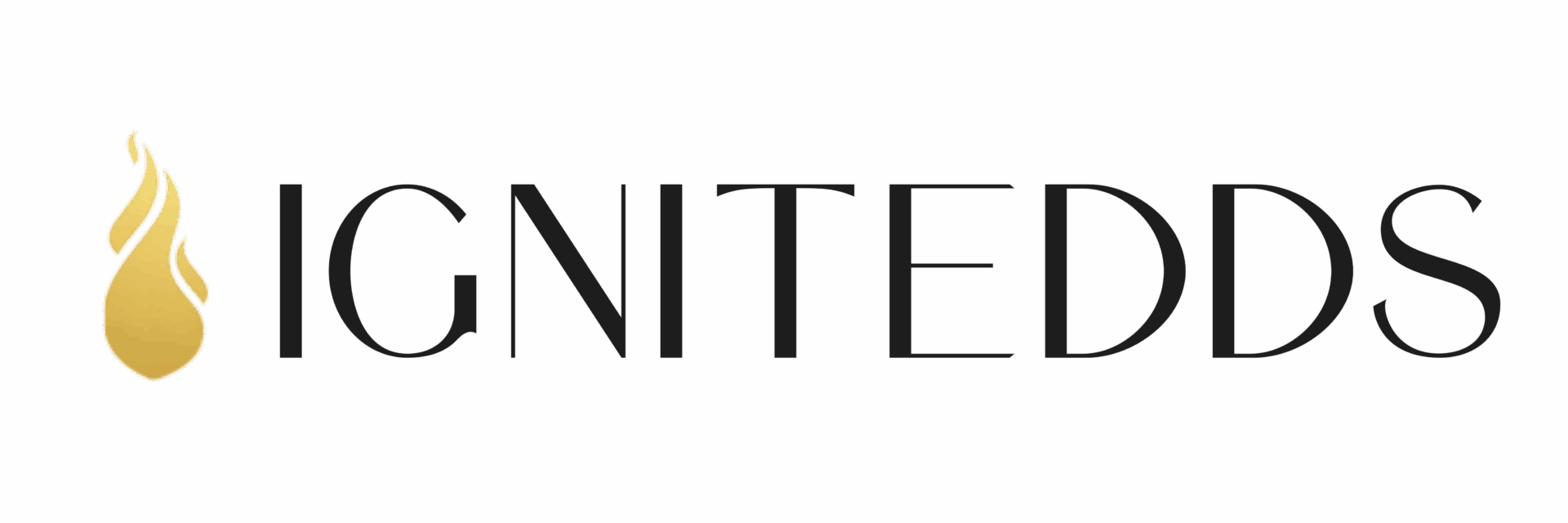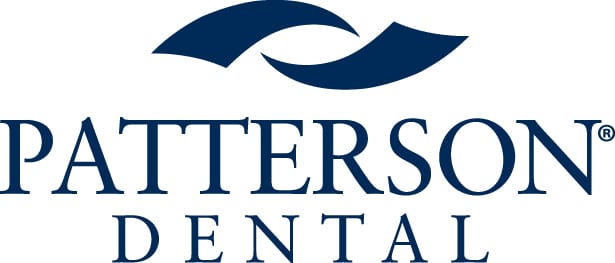This week, on Dental Fuel Episode 15, we’re diving deep into the art of building better communicators within dental teams. Communication is our SUPERPOWER, and it all starts with understanding the human aspect of what we do.
Ronda specializes in helping to create the ideal DDS-DA relationship. Empowering dental assistants to continue their education so their chair side skills continue to elevate as they learn why they are doing what they are doing and not just what to do. Once the DA has a firm grasp on the exact needs of their dentist they can bring ease to the complexity of dentistry.
Practicing dentistry can be stressful and hard but finding the joy in it becomes much easier when you have a true operative partner. You can find Ronda outside of the treatment room on IgniteDA Instagram and Tiktok. Her influence goes much further than dental assisting with her passion to help recovering oral breathers with over 135k followers on The Airway Champion TikTok account.
🎙️ Listen to Dental Fuel Episode 15 on Apple Podcasts
🎥 Watch Dental Fuel Episode 15
Dental Fuel Episode 15: Team Mistake Transcript
In this episode, we’re diving deep into the art of building better communicators within dental teams with Ronda Holman.
Dr. Tanya Sue Maestas
I want to transition back to talking about working in a team.
Aside from, you know, the court incident, are there any mistakes that you all made as a team, or mistakes that are commonly made with a dentist and their dental assistants and dental hygienist, everyone together as a team that you see is a common theme in dentistry?
Ronda Holman
Well, it always comes down to communication.
Dr. Tanya Sue Maestas
Of course! Always, always, always.
Ronda Holman
Yes, oh, my gosh, like, she said, what? Who is she? She isn’t Betty. But oh, Betty said not to do that. Well, why would Betty say not to do that? And so it’s just awful communication.
That’s why I think huddles are huge. Like in the morning meeting, like I know, who has pending treatment, I know who can maybe go from hygiene to come straight to operative and have that filling done if I have an opening like there’s no guessing.
And, that is, man communication is hard, and because we’re so wrapped up in our own patients like we live in that schedule, we’re busy like, I have a 15-minute window here and hour appointment here like I don’t have any wiggle room, and things get dropped along the way.
Like I’ve had dentists come to me like where’s that PA? And I’m like, what PA? The PA I told her to take in three like an hour ago. Like a patient is gone, and I did not take the PA. So could my dentist not have said that and maybe thought she wanted to PA post-operative after we cemented the crown or maybe I misunderstood it and took a PA on the wrong patient?
Like just being clear. Up and up three needs a bite wing after we glue this crown on can you do that? Yes or no? Like it just takes out so much of the drama that seems to accumulate when you don’t have good communication skills.
Dr. Tanya Sue Maestas
How do we build better communicators?
Ronda Holman
Oh, well, it’s like Dr. Rice is saying it starts with treating the human aspect of it. Like if we look at each other like I have empathy for you, sympathy, I have an understanding of where you’re coming from, where your state of mind is, what your priorities are.
And it comes down to like respect. I mean, you have to know somebody to really respect them. I mean, I’m actually really loyal to like titles, you know, being in the military background, like you call me, you know that there’s an officer, I’m gonna respect you, regardless of who you are. You could be like, really bad guy, but I’m gonna respect you because of the position that you hold.
But in the civilian sector, I don’t see that as much. So the whole respect is earned, but you have to know someone on a human level to really develop that. It’s, it’s hard.
But you know, there are certain things like dental assistants, I’m constantly telling you, it’s always doctor, I don’t care if you say call me Tanya, I’m like, Dr. Tanya. Doctor, you know, it’s always in front of a patient. It’s not a performance, ok, maybe this is a very professional performance.
Dr. Tanya Sue Maestas
Yeah, you are showing respect. Respect is due to you as an assistant, respect is due to me as a doctor. And I think that it’s great to show that example to your patients as well too and shows that kind of camaraderie and the team that you have.
Ronda Holman
Yeah, because we’re a unit we work as one and, you know, we all when you’re only as strong as your weakest link.
I remember working for an oral surgeon in the military. And, you know, sometimes oral surgeons are Oral Surgeons because their chairside manner isn’t really good for non-sedated patients.
And I remember he would get so frustrated because he could not communicate well. He just held out his hand expecting me to know what to put into it, and he would never tell me what he wanted.
And at that point in my career, I didn’t know why I was doing it, I was just taught how to do it, which is what all the schools tell you, this is how you do it.
And he got so mad one day, he threw a pencil at one of the assistants and the lead snapped off into her arm. And like you know, he had to deal with that. But like the aggression that never could have happened like that. That lady she left the dental assisting career field after she got out of the military, just that one incident from that one oral surgeon completely ruined her idea of what dentistry be like yeah, because she worked for this really mean guy who had poor horrible communicating skills.
Dr. Tanya Sue Maestas
Gosh, what a poor experience. I feel for her and I understand where she’s coming from.
Ronda Holman
I’ve got stories where I worked for this dentist. It was a small town so he’s the only one to pick from right so it wasn’t a supply and demand issue. Like it was just he was it.
And he was an okay clinician, like in looking back, you know, I didn’t really know what I was looking at, but now I look back atthe bitewings and stuff and I think about like how his actual work was.
And I would have patients, because he was so mean, and they would say, you know, he’s really mean, but he must be really good. Because that’s the end in their head. Somehow there was a psychology switch that yeah, like, if you’re really mean, that means you’re good. Because if you weren’t that good, nobody would come to you because you’re mean.
And so I would have people like, ask me when he would leave the room, how I was doing. Are you okay? Because he was so aggressive and mean and blunt, and it was just such an awkward situation.
And I don’t want a dental student to ever go through that.
Dr. Tanya Sue Maestas
Yeah, how uncomfortable for everyone. Oh, how unfortunate really.
Ronda Holman
Well, you know, the times are changing, though. I mean, that practice would never fly in today’s climate. Yeah. I mean, if you’re a mean guy, and I’m paying you to do my restorative dentistry, I won’t go back to you. He was mean to the patients and to the staff that the team it was awful
Dr. Tanya Sue Maestas
Gosh, that’s unfortunate. That’s so sad. But you’re right. It wouldn’t fly in this day and age and you know, if you’re out there and you’re mean to your team, fix it.
Ronda Holman
Yeah, it’s a you problem. not a them problem right? You’re the leader.


